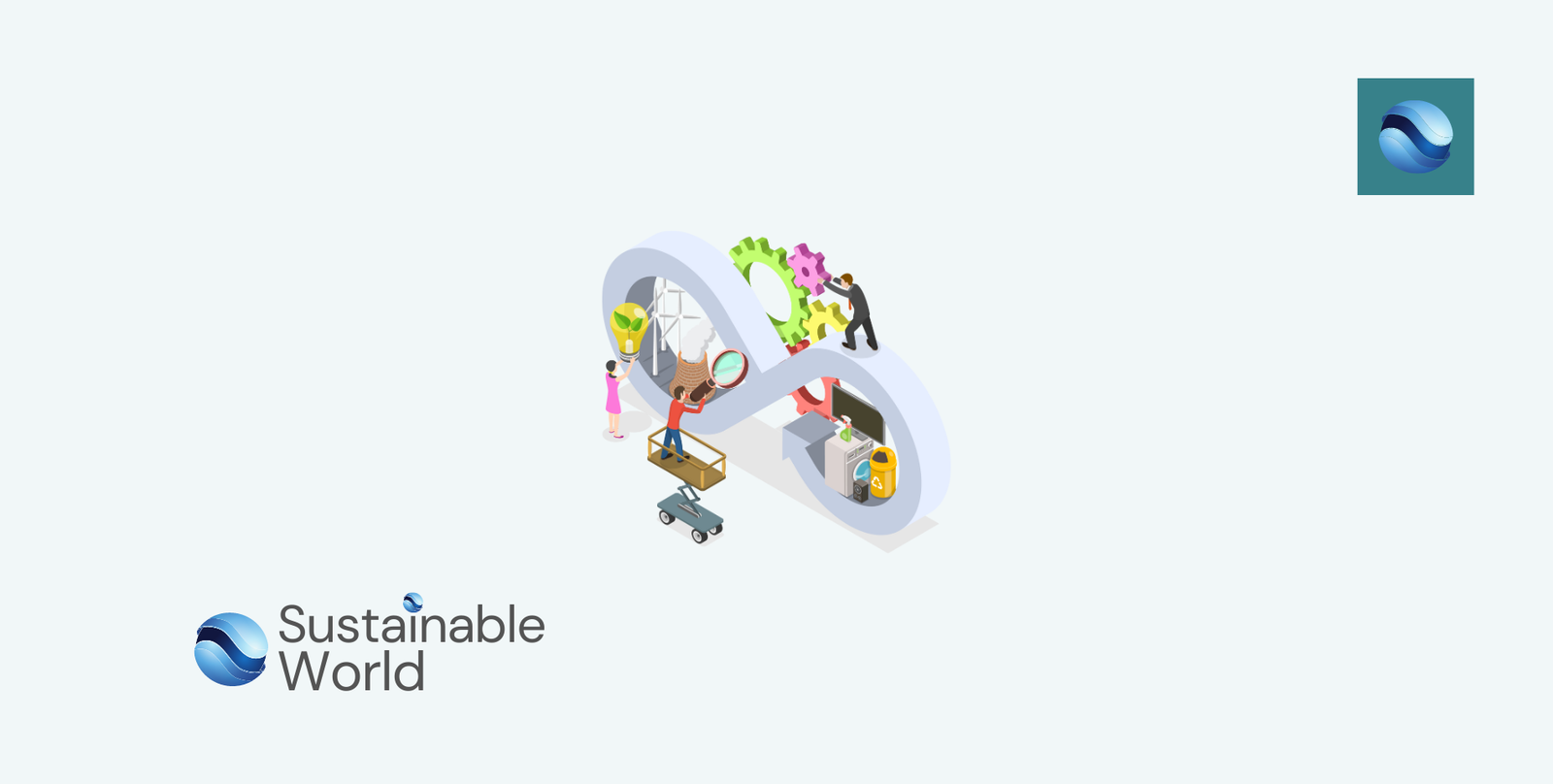In today’s rapidly changing world, the concept of sustainability has gained significant importance. As societies strive to mitigate the impacts of climate change and environmental degradation, sustainable economics has emerged as a crucial approach towards achieving a more equitable and resilient future. This blog post explores the principles, benefits, and challenges associated with sustainable economics while shedding light on the steps we can take to transition to a greener economy.
Understanding Sustainable Economics
Sustainable economics, also known as green economics or ecological economics, is an interdisciplinary field that aims to foster economic growth and development while simultaneously ensuring the long-term health of our environment. Unlike traditional economic models that prioritize profit maximization, sustainable economics considers the impact of economic activities on natural resources, ecosystems, and social well-being.
The Principles of Sustainable Economics
- Environmental Stewardship:
Sustainable economics recognizes the finite nature of natural resources and emphasizes responsible resource management. It focuses on minimizing waste, reducing pollution, and conserving energy and water, among other measures, to ensure the preservation of our ecosystems. - Social Equity:
A key principle of sustainable economics is the promotion of social equity. It seeks to address income inequality, promote fair labor practices, and ensure access to basic needs and services for all individuals, leaving no one behind in the pursuit of economic prosperity. - Long-Term Thinking:
Sustainable economics emphasizes long-term thinking over short-term gains. It encourages investment in renewable energy sources, efficient technologies, and sustainable infrastructure, which may require upfront costs but yield significant benefits in terms of reduced environmental impact and long-term economic stability.
The Benefits of Sustainable Economics
Sustainable economics offers a multitude of benefits, both for the environment and society as a whole. By adopting sustainable practices and policies, we can:
Protect the Environment
- Conservation of Natural Resources:
Sustainable economics encourages the responsible use of natural resources, reducing the strain on ecosystems and ensuring their availability for future generations. - Mitigate Climate Change:
Transitioning to renewable energy sources and implementing energy-efficient technologies can significantly reduce greenhouse gas emissions, helping combat climate change.
Foster Economic Resilience
- Job Creation:
The shift towards sustainable industries, such as renewable energy and green infrastructure, creates new employment opportunities and promotes economic growth. - Cost Savings:
Sustainable practices often lead to reduced operational costs over time. Energy-efficient buildings, for example, lower energy consumption and decrease utility bills.
Challenges and Roadblocks
While the benefits of sustainable economics are compelling, several challenges hinder its widespread adoption.
Economic Barriers
- Initial Costs:
Transitioning to sustainable practices may require significant upfront investments, making it challenging for some businesses and individuals to embrace the change. - Market Barriers:
Existing economic structures and market incentives often favor unsustainable practices, hindering the growth of sustainable industries.
Policy and Regulatory Challenges
- Lack of Government Support:
Insufficient policies and regulations to incentivize and enforce sustainable practices can impede progress. - Global Coordination:
Achieving sustainable economics requires international cooperation and coordinated efforts, making it essential to overcome geopolitical challenges.
Steps Towards a Sustainable Economy
To overcome the challenges and accelerate the transition to sustainable economics, we must take collective action at various levels:
Government Initiatives
- Policy Reforms:
Governments should introduce regulations that promote sustainable business practices, provide incentives for renewable energy investments, and support circular economy models. - Investment in Research and Development:
Governments should allocate funds for research and development in sustainable technologies and innovation to drive economic growth and foster a greener future.
Business Engagement
- Corporate Responsibility:
Businesses should embrace sustainable practices, incorporating environmental and social considerations into their decision-making processes. - Collaboration and Partnerships:
Encouraging collaboration between businesses, governments, and civil society organizations can accelerate the adoption of sustainable practices and foster innovation.
Individual Actions
- Conscious Consumption:
As consumers, we have the power to influence businesses and shape the economy. By opting for sustainable products and supporting eco-friendly businesses, we can drive demand for greener alternatives. - Advocacy and Education:
Raising awareness about sustainable economics and advocating for change can foster a societal shift towards more environmentally conscious choices.
Conclusion
Sustainable economics holds immense potential to create a harmonious balance between economic growth, social equity, and environmental protection. By embracing the principles of sustainability and implementing the necessary reforms, we can pave the way for a greener, fairer, and more prosperous future. Let us embark on this transformative journey towards sustainable economics and collectively build a world that thrives on sustainable development.



Leave a Reply